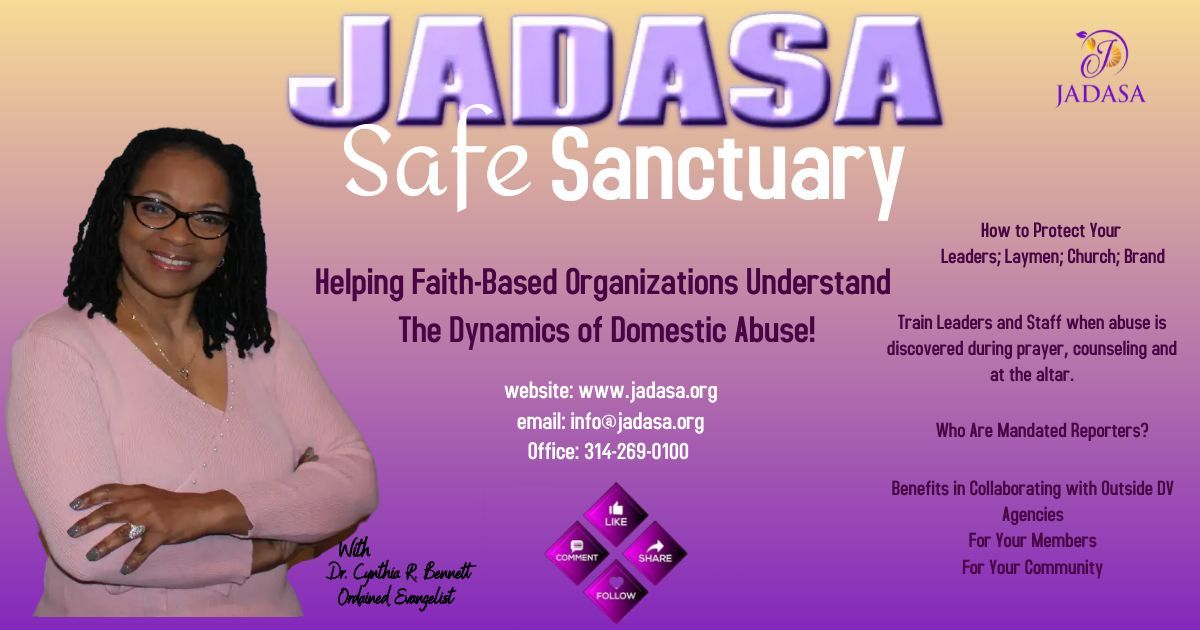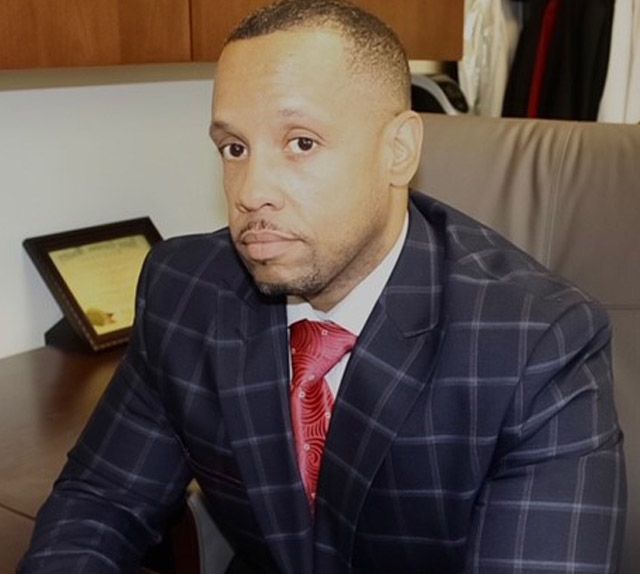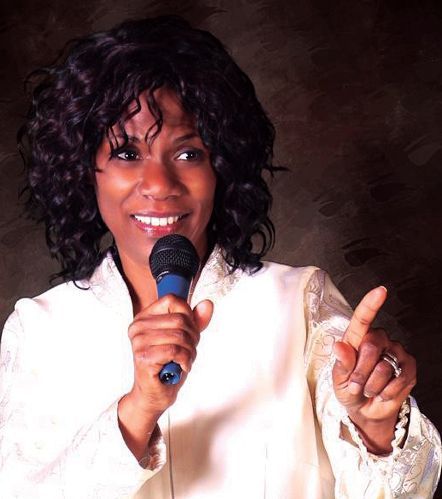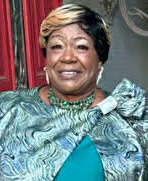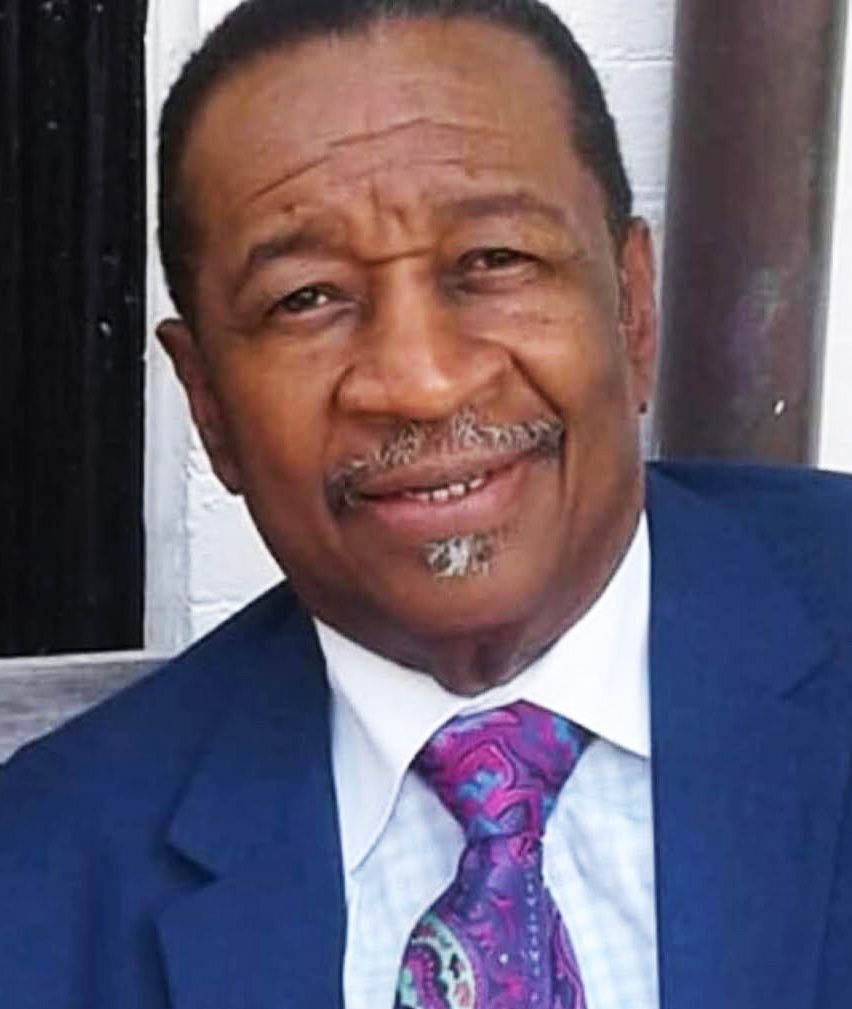"Healthy Choices
Can Be Painful!"
Dr. Cynthia R. Bennett

February is Teen Dating Violence Awareness Month. Dating is a normal part of adolescence. These relationships help teens discover who they are and develop social skills. But because dating is a new experience for teens, many struggle to form and maintain healthy relationships; what it looks like and what it does not look like. However, we have neglected to share with our youth that making healthy choices will not always be easy. Why do I say this? We know that it is not healthy to be in a relationship where there is abuse like physical which we all know involves hitting, punching, kicking, scratching and so forth. The most common form of dating violence reported by teens is emotional abuse. Unhealthy relationships affect a young person’s self-esteem. It can also look like putting a partner down for their looks, grades, or background; making them feel guilty for saying no; pressuring them to stop meeting friends or attending activities or school; or even threatening to self-harm or commit suicide if their partner does not do what they want. Anything that brings negative and hurtful feelings to you in any way to control you is abuse. Statistics say that 1 in 3 teens suffer from some form of abuse, however only 33% report it.
Because emotional abuse does not leave a physical mark, a lot of teens may not associate their relationships as unhealthy or do not realize that these behaviors “count” as dating violence. They often feel that if breaking up or walking away from someone is painful, then it must not be the right thing to do. However, what has occurred is a disconnect between the head and the heart. Your head, logically, is telling you that your significant other is abusing you, hurting you, mistreating you and ending the relationship is the right thing to do. However, your heart pulls on the emotions of the times you shared with this person, the memories you made together; the things they said and did that made you laugh, and you do not want to let that go and be by yourself.
We must be transparent with our teens with our experiences about letting go as well. Parents, educators, and community members can support young people in the following ways: Celebrate a teen’s progress as their goals start to take shape. Have conversations with them about relationships. What do they want their ideal partner to be like? What kind of behavior is a "deal breaker"?
If they were worried about a friend, what would they do or say? Foster open and judgment-free communication with young people; this helps them solve problems, guides them in making decisions, and builds their self-esteem. Advocate for education on healthy relationships and violence prevention. JADASA has a program in place to assist educational, faith-based, and community-based institutions. You can reach us at www.jadasa.org.
Incorporating dialogue with our teens about why some healthy choices are painful will help them understand that every decision may not feel good to them; but they are good for them, and they are necessary. Finally, remind them often that they deserve to be treated with respect, no matter what.
Wear orange in support of Teen Dating Violence Awareness for February!
Sparkman Articles

